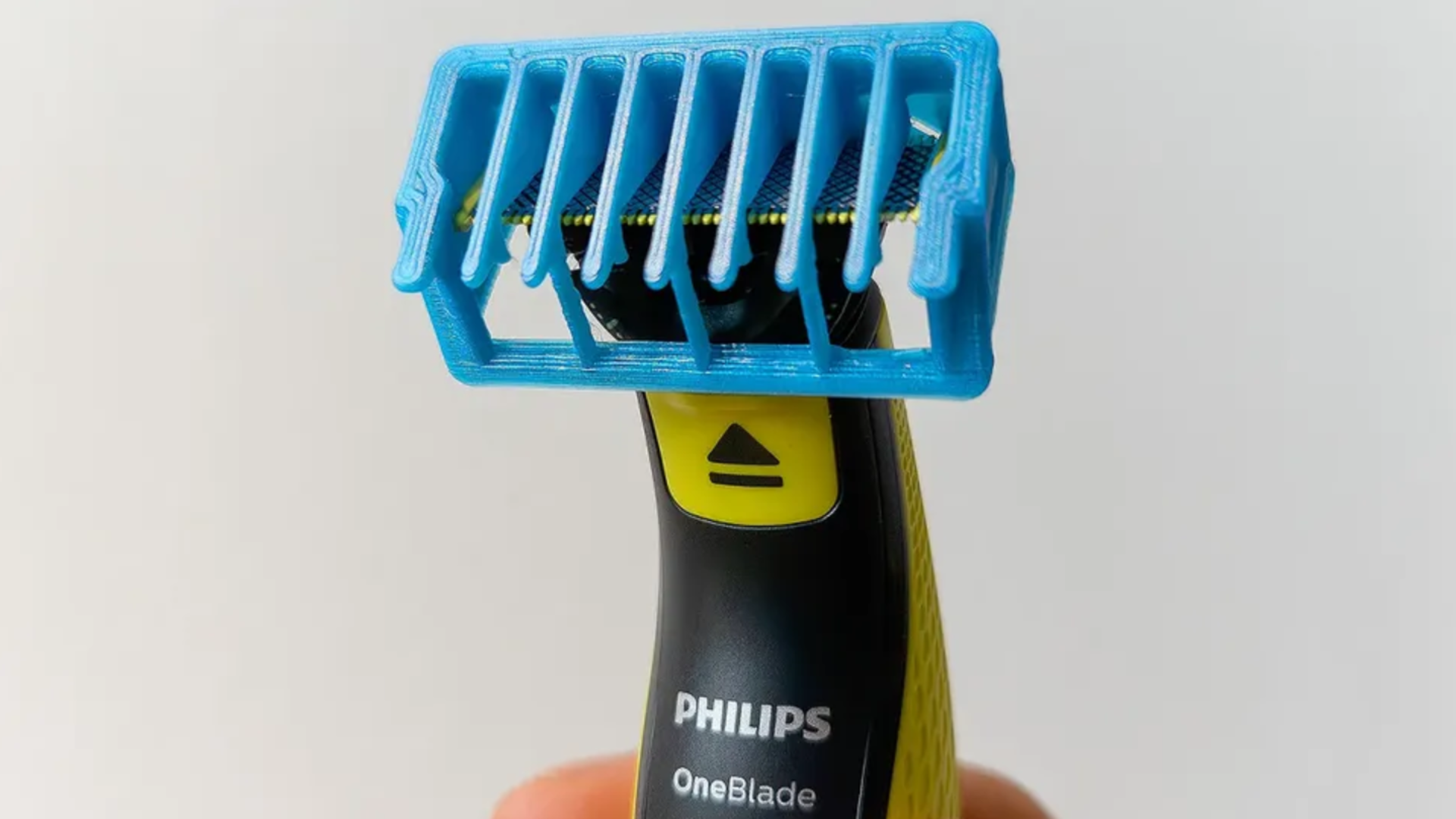
- Philips Fixables opened the DIY repair door with a program built around 3D printing files
- A small 3D printed part can indicate a major change in the repair procedure
- Don’t be too enthusiastic, only one part is available, and it’s not yet widely accessible
Philips has begun a move called Philips Fixables, a program that can allow users to download and download 3D print replacement sections for some products.
According to Tom’s hardwareThis is still an early stage attempt with a limited rollout, but a wide range of changes indicate how tech companies can start supporting the product’s longevity.
The project is currently being piloted in the Czech Republic, where Philips is cooperating with the Pros Research and Lipb.
A rare move toward open source repair
Currently, the program includes only one part – 3 mm comb to Philips shower – but the company says additional components will be added over time.
To print compatible part, users will download the same file Printable Dot ComA platform that is widely used by hobbies and makers.
Although the best 3D printers can create a copy of complex parts with impressive accuracy, successful results will relieve users greatly after Philips’s recommended print settings. The company has warned that deviations, such as reducing influx to save time or tasting, can result in weak or unusable parts.
Like any new ideas, it remains to be seen whether it will be practically successful or not. Consumers can eliminate inferior parts that fail repeatedly, which leads to frustration rather than effective repairs.
It is also unclear how quickly the Philips program will extend or what kind of components will be included.
Philips Fixable website allows users to request specific parts. If approval is granted, Philips says that when those sections are available for download, it will inform users.
However, there is currently no public timeline for change, nor is there transparent standards to determine which parts will be accepted. This can limit the program’s utility to its early form.
Nevertheless, this move is noteworthy. In an era where the best 3D printers and laser engraving cars are often restricted by the proprietary environmental system, even in a limited capacity, open source repair files are offered.
The move echoes the recent efforts of other companies, such as a partnership with Lugeetic’s IFIXIT, which also repairs the Champion against alternatives.

